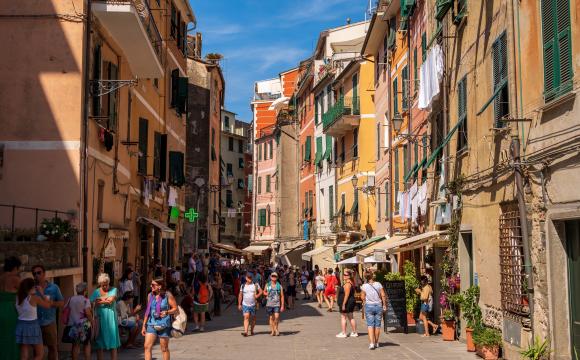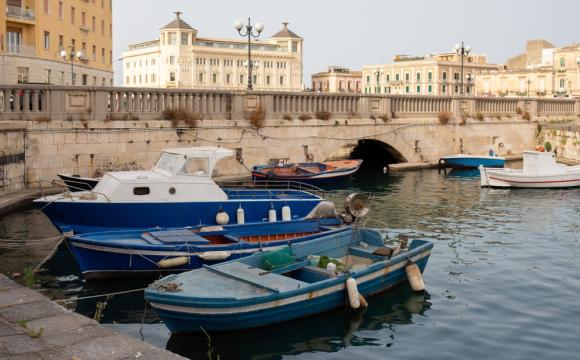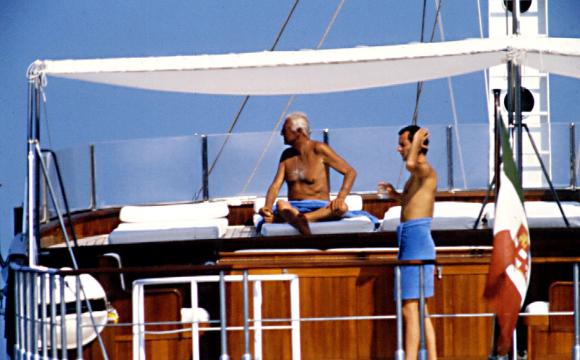 Italian Premier Silvio Berlusconi confirmed on Monday that he has asked the head of state, Carlo Azeglio Ciampi, to put off dissolving parliament by two weeks so that a few "useful" laws can be passed.
Italian Premier Silvio Berlusconi confirmed on Monday that he has asked the head of state, Carlo Azeglio Ciampi, to put off dissolving parliament by two weeks so that a few "useful" laws can be passed.
Berlusconi met President Ciampi for two hours on Sunday evening to request a delay in the close of parliamentary activity, scheduled for January 29. Elections to elect a new parliament are set for April 9, a date the premier does not wish to change.
"We shouldn't just throw away all the great work we have started," he told reporters.
One of the bills that the premier would like to see approved before the end of the legislature would change the system of appeals in the nation's courts.
This bill has already been approved by the two houses but Ciampi on Friday refused to sign it into law, sending it back to parliament. The president asked MPs to review certain sections which he said went against the constitution.
The centre-left opposition has attacked the premier over his bid to win more time for parliament, calling it "irresponsible" and arguing that his real motive is a desire to spend more time on television.
Once parliament breaks up, the election campaign can begin and rules restricting airtime for politicians come into effect.
Ciampi has yet to give his answer and he was scheduled to meet parliamentary speakers later Monday for a briefing on the question. Party whips were also scheduled to meet on the issue.
Berlusconi, whose centre-right coalition came to power in 2001, dismissed opposition protests over the extension request.
"What we are asking is perfectly normal. I think it's quite reasonable to give parliament more time to convert into law useful measures such as the one on appeals," he said. Noting that parliament can be dissolved at any time from 70 to 45 days before elections, he said it was "necessary" to approve certain bills which had been blocked by opposition filibustering.
The law blocked by Ciampi on Friday contains a controversial change to Italy's three-tier justice system in the case of defendants acquitted at the end of a first trial.
In effect, prosecutors no longer have the appeals court stage to contest the decision and must go directly to the nation's highest court, the Court of Cassation, which normally examines appeals only on technical grounds. Under the Italian constitution, the president's signature is necessary before legislation approved by parliament can become law.
It is rare but not unheard of for a president to send back laws approved by MPs. Ciampi has now taken the step six times during the government of Silvio Berlusconi.












